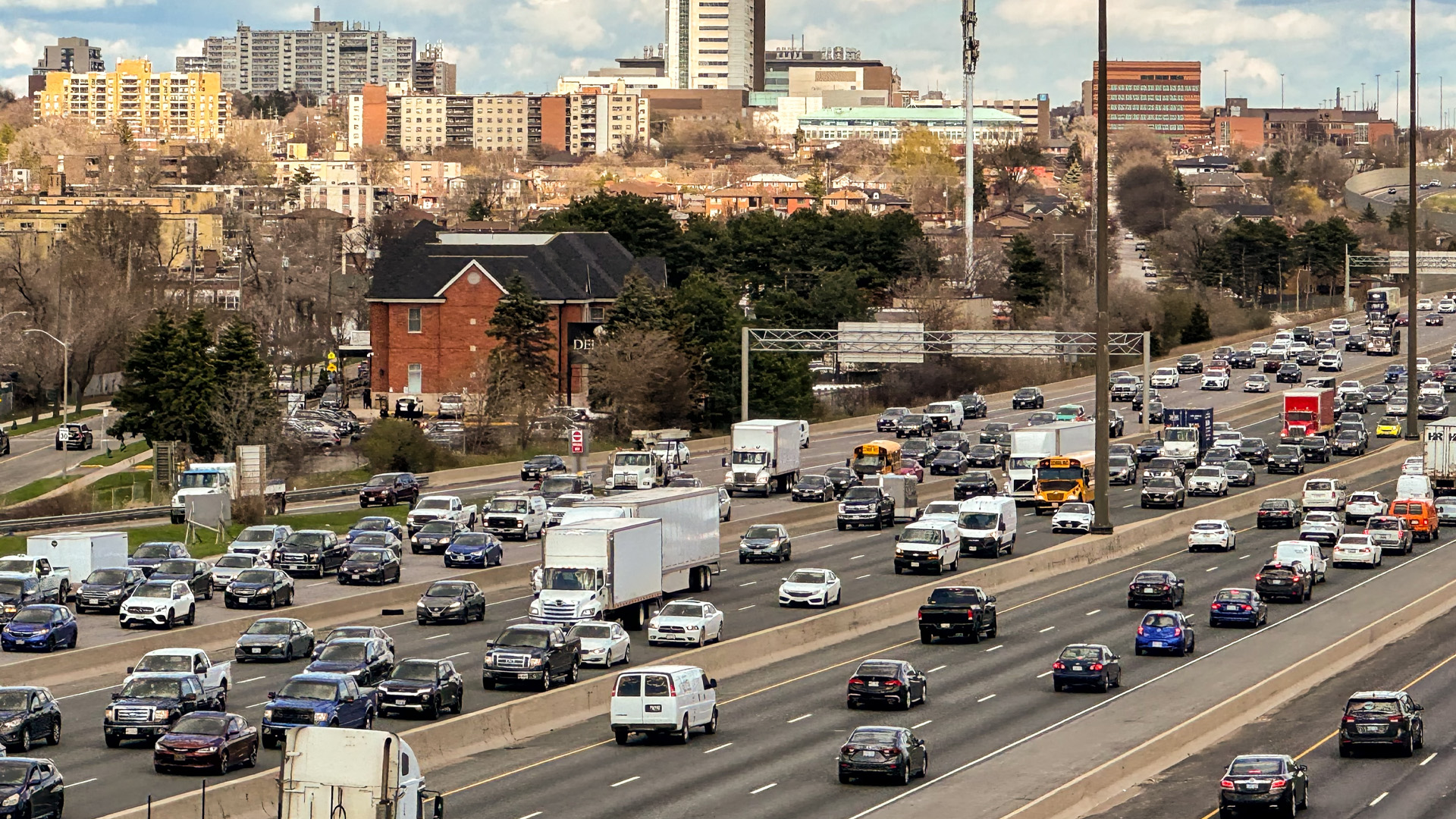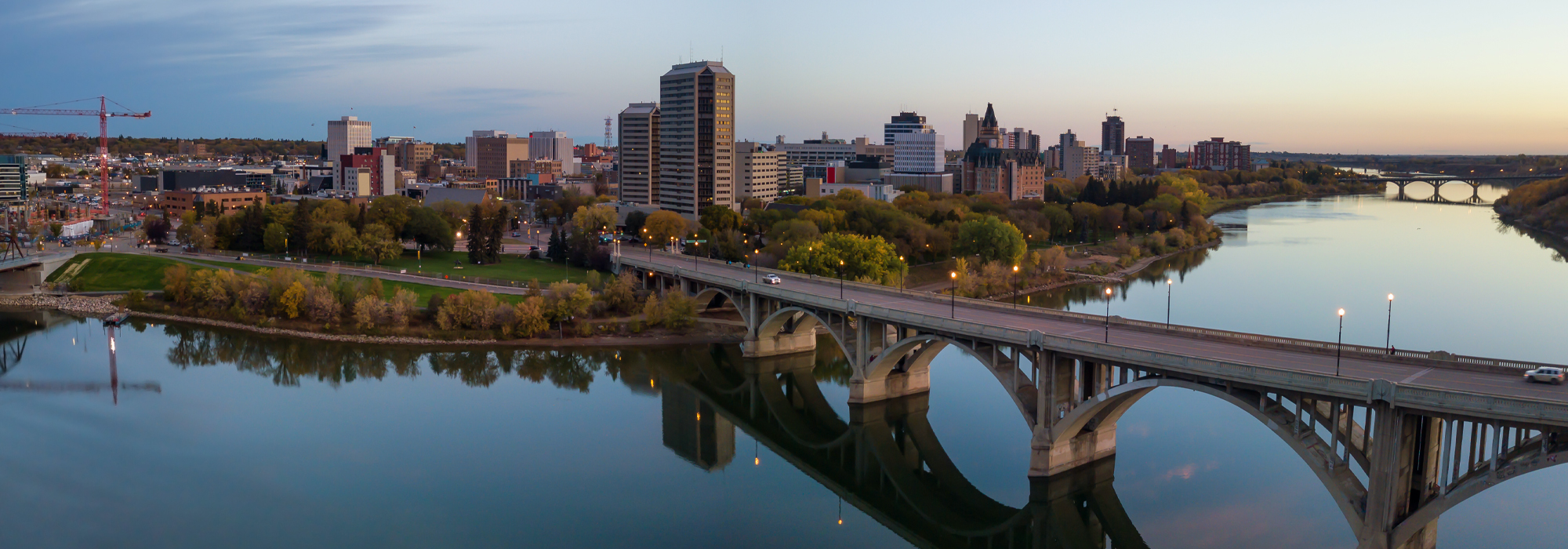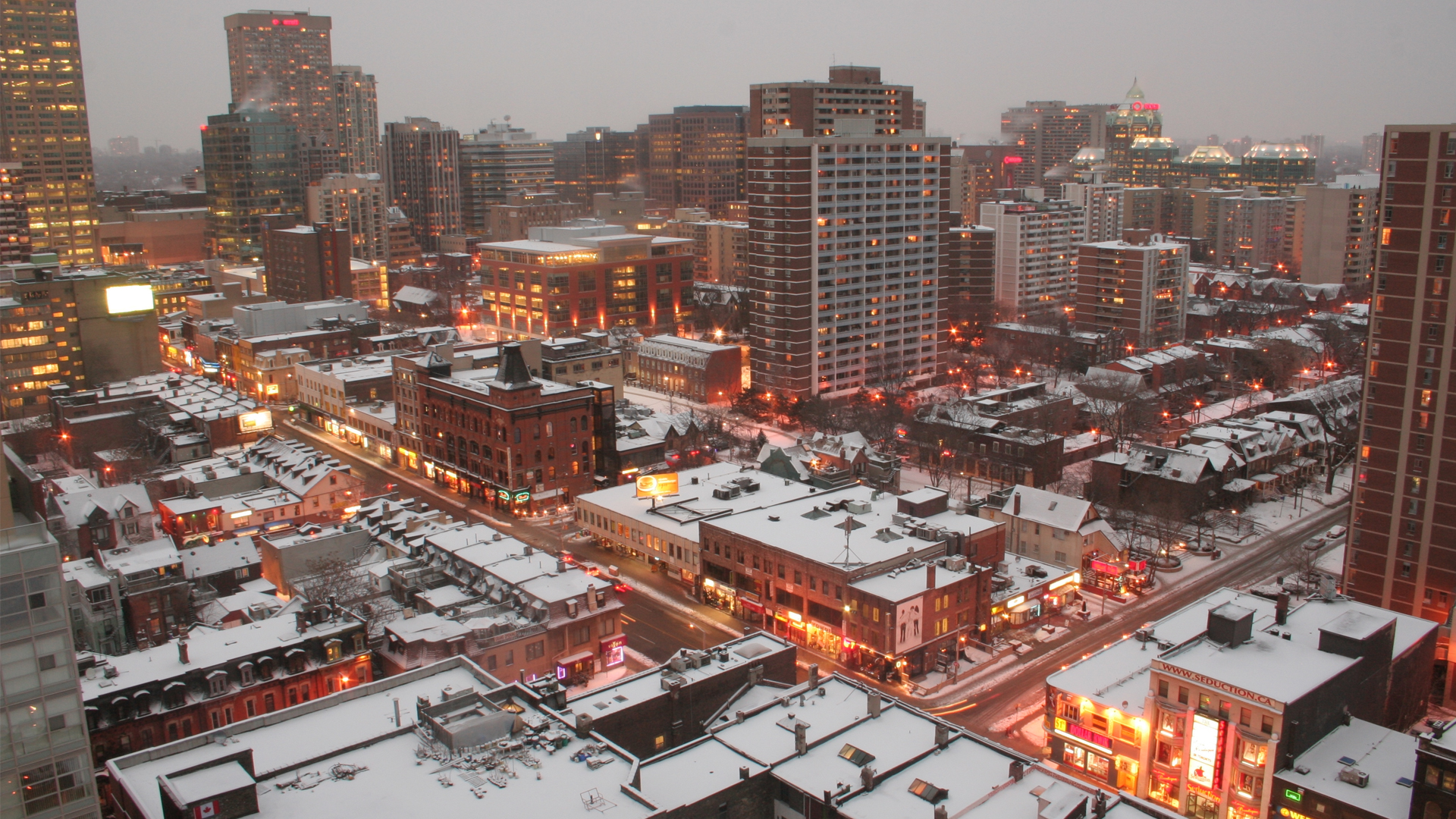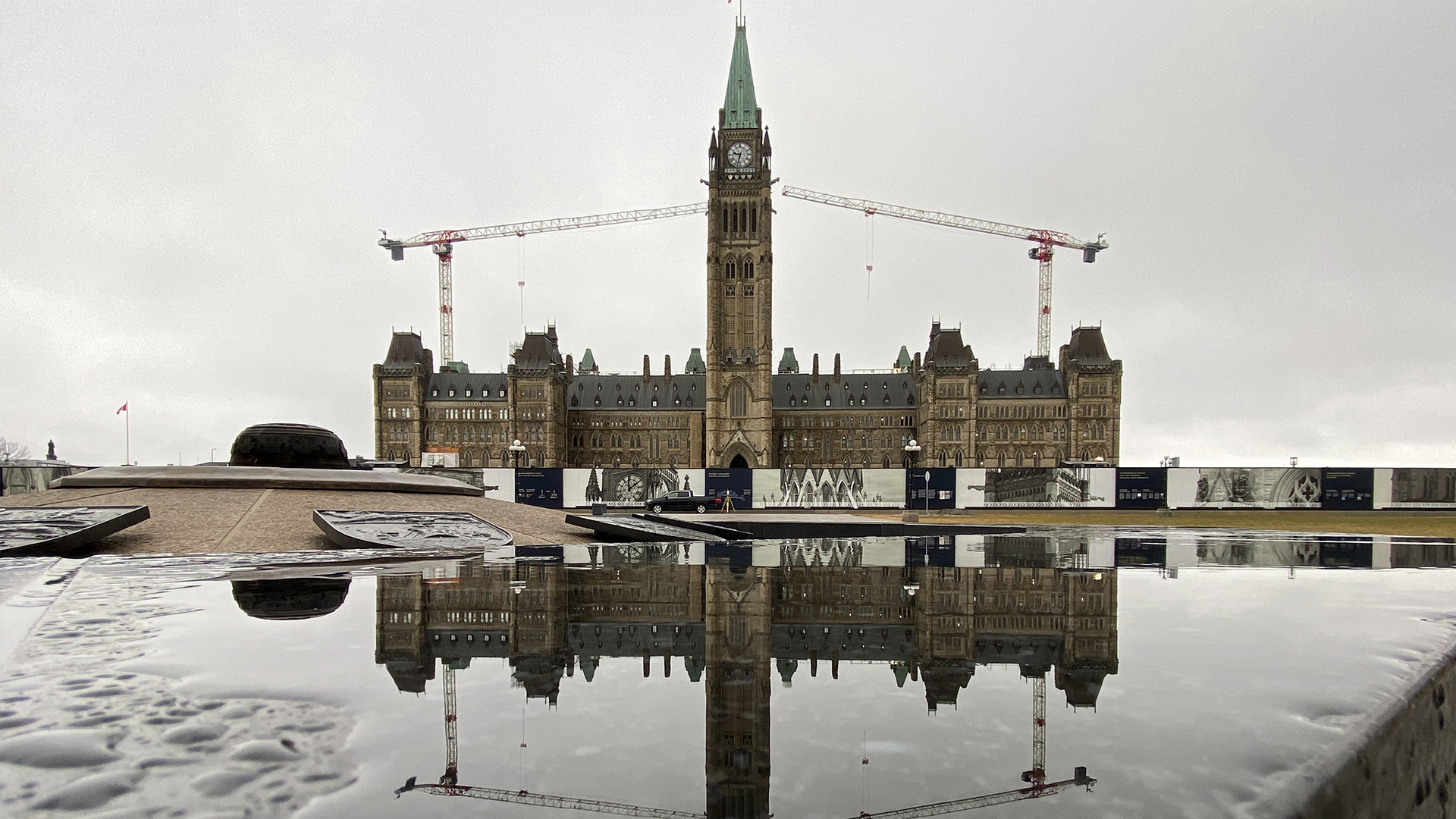
The COVID-19 pandemic is a massive health, social, and economic shock to Canadian society. Nowhere is this more visible than in our cities, where physical distancing measures to contain the virus have temporarily upended the vitality of urban life.
Even in crisis, though, cities remain dynamic spaces of collective innovation and community resilience. Across Canada, mayors and city councillors, public servants, community organizations, and engaged residents and businesses are finding ways to save lives, reinvent human connection, protect their most vulnerable, and sustain local economies.
The first state of emergency in Canada was declared by a mayor, not a premier or prime minister. Municipal governments have been on the front lines of every aspect of the response, from rapidly altering the delivery of transit services to housing people experiencing homelessness in hotels, and many adaptations in between.
The COVID-19 emergency will no doubt require timely and rapid knowledge sharing to support these efforts and ensure our cities rebound as quickly as possible. As federal and provincial governments turn their attention to post-COVID policy frameworks, they must learn from the front-line experiences of cities.
But here’s the stark reality: unlike other highly urbanized countries, Canada lacks an institutional focal point where policy-makers, civic and community leaders, social scientists, and citizen activists can come together in dialogue, accessing the best available information to tackle major policy challenges in our cities.
We believe the time is right for the creation of a Canadian urban policy observatory, a one-stop shop for state-of-the art information about Canada’s cities and city-regions, as a foundation for policy learning, intergovernmental collaboration, and urban innovation.
An urban policy observatory would help us answer fundamental questions about the health of Canada’s cities, such as: Which urban areas are most vulnerable to outbreaks, and why? Which have been hardest hit economically by the crisis? Which have the most fiscal capacity to endure?
Add the persistent problems of income inequality, systemic racism, housing affordability, social inclusion, and environmental sustainability, and securing Canada’s urban future becomes an even more daunting challenge – one that can’t be meaningfully addressed by local governments alone.
The UN-Habitat and the Organization for Economic Co-operation and Development (the OECD) recently called on all countries to implement a “national urban policy” which they term an “essential instrument” in achieving sustainable development goals. Urban policy requires concerted action by all levels of governments, informed by business, academic, and civil society organizations.
Several jurisdictions, such as the European Union, benefit from urban policy observatories that help align national policy objectives with local conditions on the ground. These centres for interdisciplinary research and policy learning create the knowledge base and political platform to align policy resources around the complex problems facing cities.
It’s time for Canada to do the same.
Part repository, aggregator, clearing house, and knowledge broker, the observatory would collect, standardize, analyze, and publish qualitative and quantitative data on Canadian cities and, crucially, the political systems and policy frameworks that govern them.
Most importantly, the observatory would serve as a building block toward greater intergovernmental dialogue on urban priorities, bringing local challenges to the attention of upper-level governments, and highlighting opportunities for shared problem solving.
Various benchmarking initiatives already measure service and quality-of-life indicators in Canadian cities, covering a wide range of policy domains. However, none of these initiatives is both comprehensive in scope and universal in coverage.
If ever there were a moment where decision-makers need access to city-level data, this is it. As COVID-19 case and death tolls continue to climb, we know that the impact is different in each city.
The observatory would help fill the void, aggregating these initiatives into a systematic, pan-Canadian account of urban affairs. By translating these indicators into actionable knowledge and gathering new data to fill apparent gaps, the observatory would set the stage for a national dialogue between governments informed by local knowledge.
A national urban policy observatory would also engage civil society organizations in Canadian cities attuned to tacit knowledge, including community and charitable foundations, to help define the national conversation about cities and urban policy making and ensure gender, racial, and class-based equity concerns are front and centre.
If ever there were a moment where decision-makers need access to city-level data, this is it. As COVID-19 case and death tolls continue to climb, we know that the impact is different in each city. The fact that we do not have consistent national city-level data leaves decision-makers to approach decisions about everything from reopening to service delivery changes without the data they need. The time to address this is now.
As Jane Jacobs long ago argued, cities are the ideal spaces to generate multiple ways of knowing and integrate different types of knowledge – scientific, administrative, and experiential.
With international knowledge powerhouses like UN-Habitat and the OECD exhorting countries around the world to implement national urban policies, Canadian governments cannot remain on the sidelines.
The COVID-19 pandemic brings into stark relief the need for robust knowledge to guide urban policy interventions and enable collective action. A new Canadian urban policy observatory would be a crucial first step.
This article is part of the The Coronavirus Pandemic: Canada’s Response special feature.











